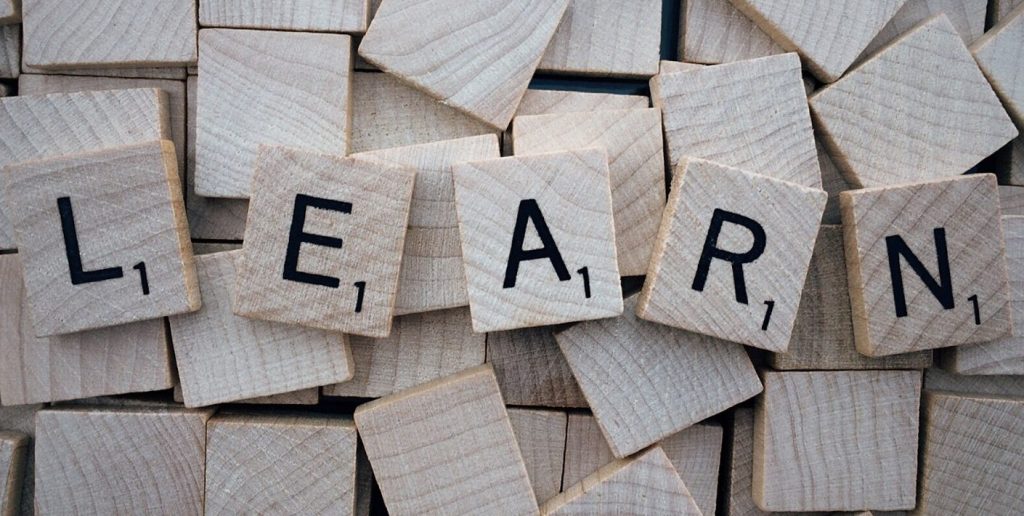By: Daniel Finegan
Conversation is hard. I admit that I am terrible at it. It is not something that comes naturally to me. Especially when I disagree with someone, it is difficult to actually listen to what they are saying, instead of just planning what I’m going to say next, or even interrupting so I can inject my own “superior” opinion. Being a good conversationalist is a habit that must be nurtured. It takes bravery, patience, self-control and love. Theodore Zeldin says, “The kind of conversation I am interested in is one which you start with a willingness to emerge a slightly different person.” We should not live in the vacuum of our own heads and our own opinions; we were meant for community. Often people have perspectives and opinions that we have never considered before. A discussion is a powerful thing; if we are willing, it can change our hearts and minds.

How do we have good conversations? I spoke to Dr. Williams, Dean of the College of Arts and Humanities and the Templeton Honors College, and he said something very interesting: to converse literally means to “turn with.” In a conversation, you turn with the person (or people) you are talking to. “A dialogue is neither a monologue nor a catalog,” as Dr. Williams says; it is not just one person making a speech (monologue), and it is not a list (catalog).
Professor Frederic Putnam, who teaches at the Templeton Honors College here at Eastern, says in his syllabus, “we are conversing in order to learn, not to teach… we can and will learn from those around us.” We are not teachers in a conversation, but learners. Ali Schwab, an alumnus of St John’s College, once wrote, “The goal of seminar [or conversation] is not to broadcast your personal philosophy of the world to all those present…. If you disdain your classmates and their comments, it will show whether you like it or not through the content of your speech, the tone of your voice, your body language, and the fact that you seem to be talking more than everybody else in the room.” We are not all-knowing; heaven knows, I am probably wrong about so, so many things. One of the ways all of us can grow in knowledge of the truth is through conversation. As Professor Putnam notes, “Discussion is crucial to the process of understanding.”
Conversation is truly an art. It takes skill and practice. It is not easy. However, it is something worth working for. A good conversation can bring you to new levels of knowledge and insight; a good discussion challenges you and forces you to reevaluate your understanding. Sometimes you will discover you were wrong. And that is nothing to be ashamed of. Admitting you are wrong takes courage, and it is only through accepting the fact that you are wrong that you can take a step closer to the truth.
Sources: Dr. Brian Williams, Professor Frederic Putnam’s Hon 140 Honors Old Testament Syllabus, The Gadfly
